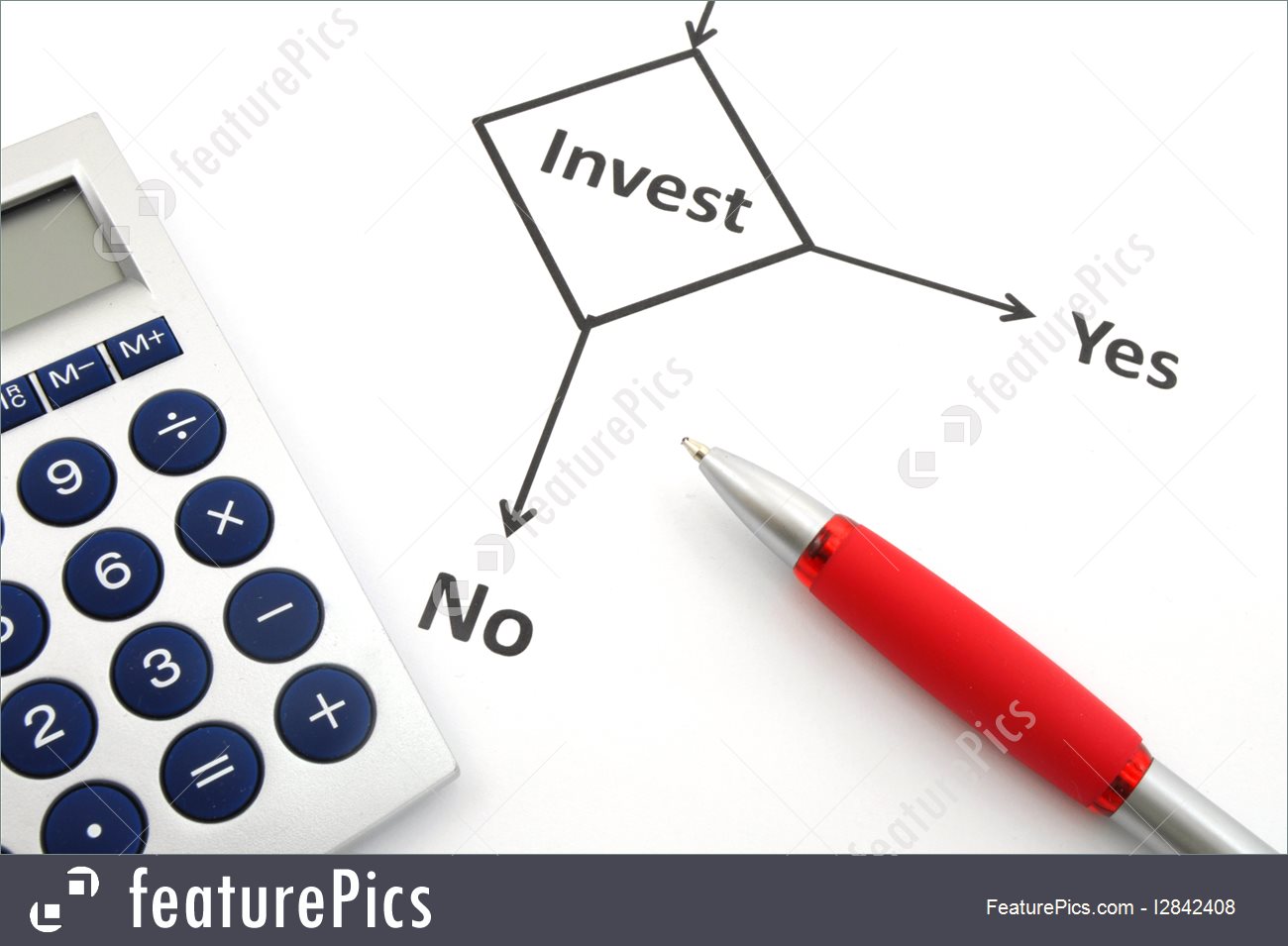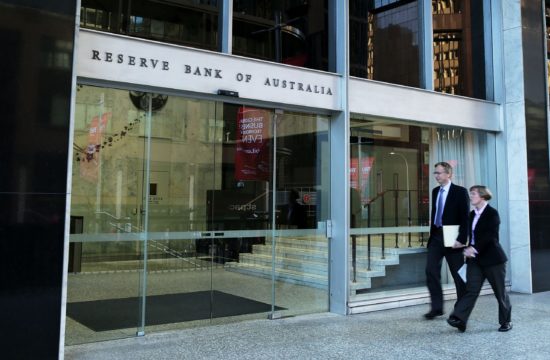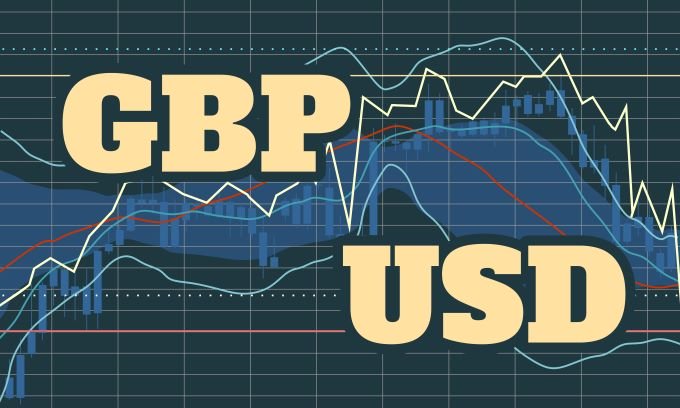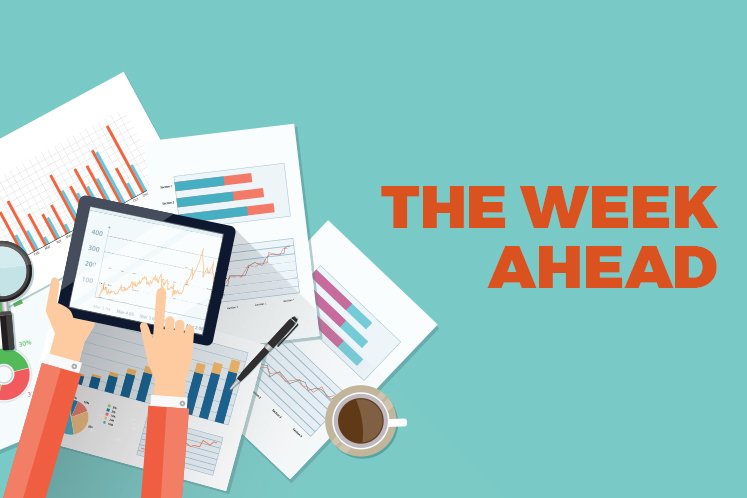For many investors knowing when to buy and when to sell seems to be the most important metric, but there is so much more to investing. Yes, your success and performance is measured by when you get in and out and the numbers they generate, but how we know plays the critical part, for without intricate knowledge of financial products and markets, we would likely not be able to make a full time profession out of trading.
I have been asked many a time, usually by friends or colleagues, on the why I might invest or how do I know that ‘xyz’ stock is likely going to have growth. My answer is almost always research. My day comprises of hours upon hours of reading, it might be financial articles it could be looking and the key numbers, sometimes its comparing competitors. There really is no right or wrong way to do the research its whatever truly works for you. There are certainly guidelines that you can follow, and perhaps I will detail my processes in another blog in the future, but for today, I intend to give you some ideas on where you can find some for your research.
The type of data you look at can depend on the trading you are doing. For example if you are someone who likes emerging technology and are looking for that next big product that goes viral perhaps you will prefer to scour websites such as Gizmodo, TechCrunch, Mashables or even Kickstarter if you are more into private equity investment. These types of sources are plentiful on the internet and most of the time free, though you may pay for a subscription to have some more advance functions they are generally low cost.
As a research type this is really looking for that new start up or the unicorn, naturally being in the world of start-ups you will have more success at finding unicorns if you are in the industry, but if you’re not Gizmodo and the like will suffice. You will need to be aware that when getting lost in these types of websites, that 99% of the information is next to useless, you really are scouring thousands of pages, to find that one unique thing that really stands out. It does consume time, but if I’m honest one of my most successful trades so far, the tip came from these types of sites.
For more most research suites or platforms there is a cost involved, the more up to the minute data you receive the higher the cost. In some instances, the platforms will even give you an edge by helping do the analysis and research for you, with tidy summaries, usually at a premium cost. These much like trading platforms, are just a cost of business and you should consider that as an expense to be profitable in your trading. You do tend to get what you pay for so be weary if you are on a budget.
There are always the big-name ones like Bloomberg, the Financial Times, the Wall Street Journal, Reuters and I guess CNBC news as well. They provide quality information at a higher cost with some of the packages like a Bloomberg terminal *drool*, but for many the cost of this far exceeds the need. Lucky for us there are more cost savvy versions. Instead of a full-scale Bloomberg Terminal you can subscribe to the professionally written articles instead. In this instance it’s good to try them all out find what floats your boat in terms of cost vs data, does it improve or help you consider your trading ideas? There is no harm in trying the cheaper services out or even using a combination of them.
Again on the freemium side of things there are sites like Seeking Alpha and Market Watch, they are content rich and a free level, but subscribers get a fair bit more. They are good if you are starting out or a seasoned professional, often delivering high quality pieces for you to consider. You could always use the google finance and yahoo finance equivalents, but they are very bare bones in the functionality and the data delivered.
Really the next steps up offer professional advice as a part of the service so the cost starts getting up there, I’d suggest you try a few of these lower cost things first to see what you like before taking the plunge.















